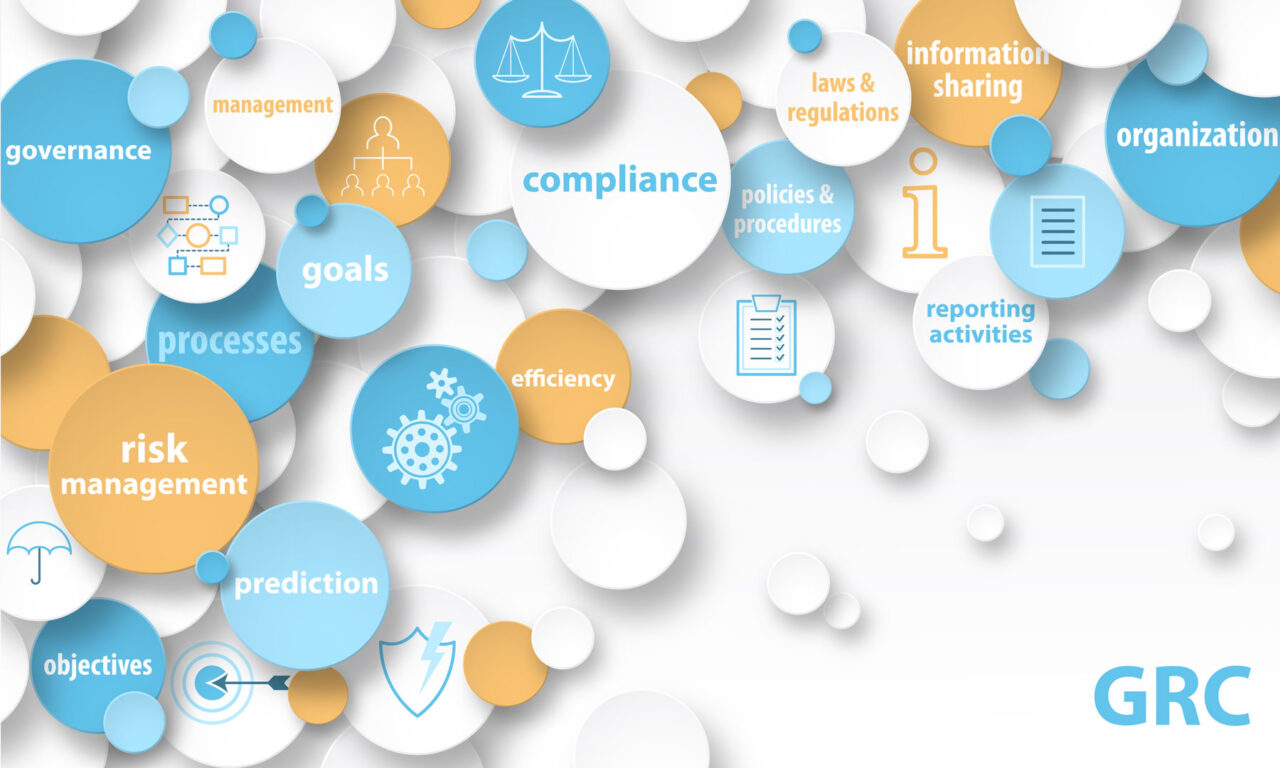AML regulations are designed to prevent the use of financial institutions for illicit activities, such as money laundering and terrorist financing. Non-bank financial institutions (NBFIs) are entities that provide financial services but are not banks, such as money services businesses, securities dealers, and virtual currency providers. These entities are also subject to AML regulations, but they often face unique challenges compared to traditional banks.
The five (5) main AML challenges for NBFIs include:
- Limited resources: NBFIs often have fewer resources than banks to implement and maintain AML compliance programs. This can make it difficult to keep up with regulatory changes and to conduct adequate customer due diligence.
- Lack of standardized regulations: AML regulations for NBFIs can vary greatly by jurisdiction and by type of institution. This lack of standardized regulations can make compliance more complex and costly.
- Increased risk of fraud: NBFIs are often targeted by criminals because they may have weaker AML controls compared to banks. This can lead to increased risk of fraud, money laundering, and other illicit activities.
- Lack of clarity around beneficial ownership: NBFIs may find it difficult to identify the true beneficial owners of their clients, especially if those clients are structured as complex legal entities or operate in high-risk jurisdictions.
- Complex transactions: NBFIs may be involved in complex transactions, such as cross-border transfers, that can be difficult to monitor and track for AML purposes.
To address these challenges, NBFIs can take a number of steps, such as investing in AML compliance technology, partnering with third-party service providers, and staying up-to-date on regulatory changes. It is important for NBFIs to prioritize AML compliance to avoid regulatory penalties and reputational damage.




